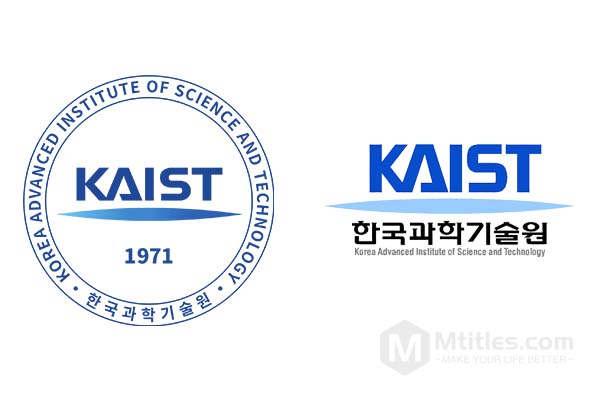#41 Korea Advanced Institute of Science and Technology (KAIST)

Basic Infomation:
World Position: No. 41
Nature of University: Public
Research Findings: Very High
Number of students: 9,965
Number of Teachers: 1,307
Number of international students: 869
Overview:
Korea Advanced Institute of Science and Technology (KAIST) is a national research university located in Daedeok Innovation City, Daejeon, South Korea.
KAIST, formerly known as the Korea Advanced Institute of Science and Technology, was established by the Korean government in 1971 and is located in Daejeon Metropolitan City, South Korea. It is Korea's first research-oriented public science and engineering institution.
Approximately 10,000 full-time students are enrolled at KAIST, divided into 4,000 undergraduates and 6,000 graduate students. Science, engineering, and technology are the school’s main focus, and although the university has expanded in recent years, it is now also internationally recognized for business education. It also adopts dual degree programs with world-class universities such as Carnegie Mellon University and the Technical University of Berlin.
Provide students with diversified educational opportunities.
The main campus of the university is located in Daedeok Science City, Daejeon, 150 kilometers south of Seoul, the capital of South Korea. Seoul itself has another campus, which is home to the School of Business and the Graduate School of Finance, Management, Information and Media Management.
Most lectures and research activities are conducted on the main campus of Daejeon, where most students live. There are 29 dormitories on the periphery of the Dade campus, which are strictly separated by gender. There are also married student apartments off campus. Extracurricular activities on campus may not be a priority for KAIST, although there are student clubs and societies, and the university regularly organizes art events, including opera, drama, pop concerts, dance, and classical recitals.
For such a young university, the status of KAIST is rapidly rising: KAIST is considered to be one of the most prestigious universities in the country. And was named the most innovative university in the Asia-Pacific region. KAIST has gained international recognition for business education and has hosted the secretariat of AAPBS. KAIST provides full scholarships to the vast majority of undergraduates, masters and doctoral students, including international students. The school has a total of 1134010249 students and faculty researchers, including 10,200 full-time students and 1,140 faculty researchers.
In 2007, KAIST cooperated with international institutions to adopt a dual degree program for its students. Its partner institutions include the Technical University of Denmark, Carnegie Mellon University, Georgia Institute of Technology, Technical University of Berlin, and Technical University of Munich.
An outstanding research project in recent years has allowed researchers to develop an electric transportation system in which vehicles obtain electricity from cables under the road through non-contact magnetic charging. This is an example of how KAIST is leading the development of new technologies in this field that may solve world problems such as energy consumption and urban congestion.
QS ranks among the top 50 universities in the world and has a high evaluation and industry recognition in South Korea. It is a member of the Pacific Rim University Alliance, the East Asian Research University Association, and the Global University Presidents Forum.
KAIST is the first technical university in South Korea and the top technical university in South Korea. Ranked 41st in the 2022QS World University Rankings; ranked 9th in the 2020QS Asian University Rankings (released on November 27, 2019). In the UK's "Times Higher Education" rankings of the world's young universities less than 50 years old in 2014 and 2017, the Korea Academy of Science and Technology ranked third and fifth respectively.
About Undergraduate:
Korea Advanced Institute of Science & Technology (KAIST) offers undergraduate courses in a good range of STEM subjects, like:
General biology
Thermal physics
Neuroscience
About Postgraduate:
Korea Advanced Institute of Science & Technology (KAIST) offers master’s degrees and PhDs in STEM subjects, like:
Laser optics
Semiconductor photonics
Quantum mechanics
Nonlinear dynamics
Classical mechanics



